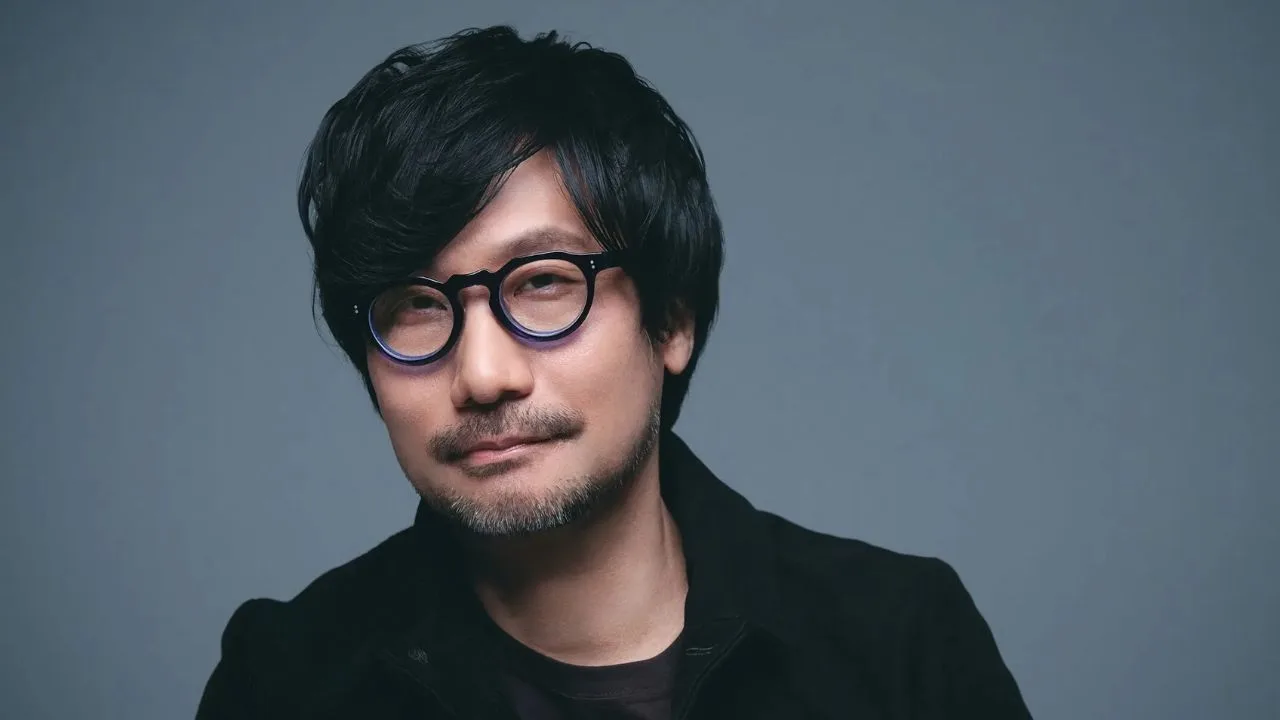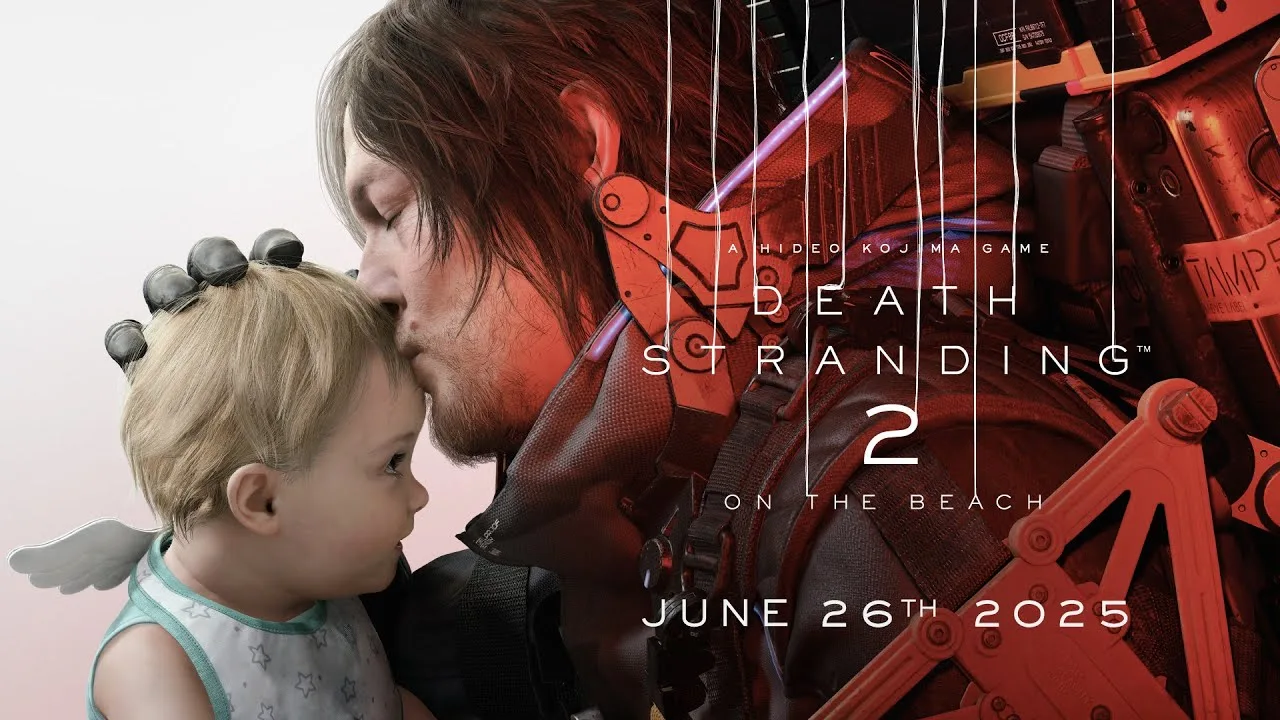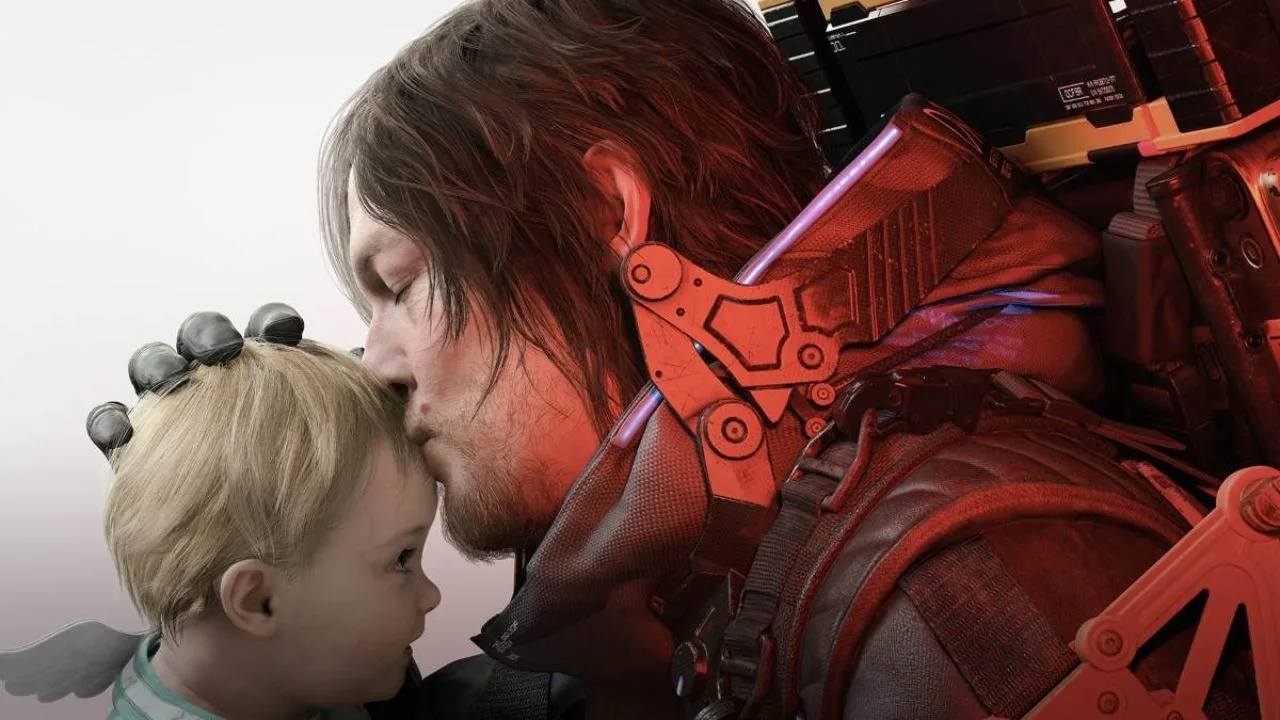Japanese director Hideo Kojima said Death Stranding is, in fact, a strange game. Known for challenging conventions, he commented on the reception of the title in a recent interview with British magazine Edge. According to the creator, 60% of preliminary test participants considered the game bad. Nevertheless, Kojima evaluates the result as balanced and consistent with his artistic proposal. Revelation reinforces its attitude that the success of a project does not depend on universal acceptance, but on fidelity to the original vision.
- Clair Obscur sells 3.3 million copies in 33 days
- Nintendo restricts recordings in the Nintendo Today app
Launched in 2019, Death Stranding drew attention for joining unusual mechanics with a complex and symbolic narrative. The player takes on the role of a lonely delivery man in a devastated world, with the mission of reconnecting isolated cities. The story involves surreal elements, such as encapsulated babies, invisible entities, and a character that carries the body of the US president to be incinerated. Kojima recognizes that these elements sound strange, but states that this is part of their creative identity.

Creator avoids script adjustments to please public
During the interview, Kojima pointed out that he does not change the plot or the themes of his games based on feedback. For him, giving in to external pressures would compromise the integrity of the project. Changes are welcome in technical aspects such as controls and camera, but the core of the work remains unchanged. According to the director, trying to please everyone leads to generic productions. Its goal is to provoke reactions, even if negative.
This approach has been with Kojima since previous titles, such as the Metal Gear series and unquited projects, such as a game where the character loses his memory if the player stops playing. The preference for bold ideas has consolidated its name as one of the most copyright in the gaming industry, even if it means alienating part of the public.

Expectation for Death Stranding 2 grows up with new revelations
Death Stranding sequence is in production and should expand the concepts presented in the first game. Without revealing many details, Kojima said he will continue to explore complex themes and visual metaphors. Elements already confirmed include a guitar villain and a talking puppet. The director himself says he is curious about the reaction of the public to these choices, but ensures that he will continue to bet on experiences that challenge the conventional.
In addition, the new phase of Kojima Productions in partnership with Sony allows more creative freedom, he said. The studio maintains its independence and avoids being attached to formulas or market trends. For Kojima, the future of games is in surprising experiences, even though they risk being misunderstood.

Creativity outside the standards remains a trademark
Hideo Kojima's willingness to take risks and innovating has secured his place as a unique figure in the game scenario. Even with criticism, Death Stranding was nominated for several awards and generated intense debates about the role of narrative in the games. The choice to maintain its creative essence, even in the face of rejections, reinforces a rare stance in an increasingly oriented industry.
For the public, this means waiting for games that escape the predictable. For Kojima, it is a matter of principle. Creating something no one else would create seems to be, for him, the true sense of developing a game.
